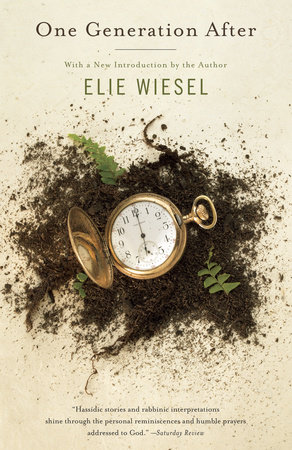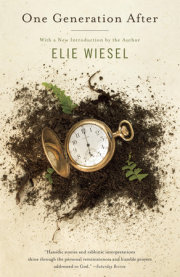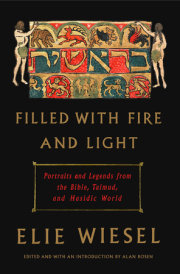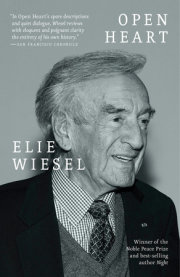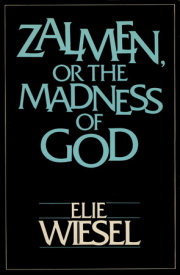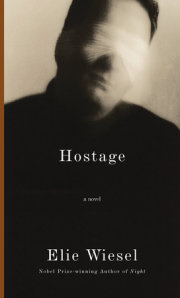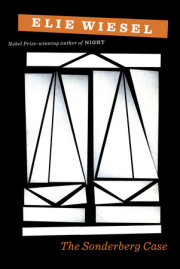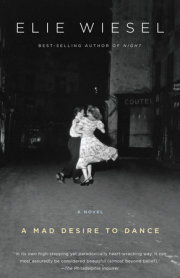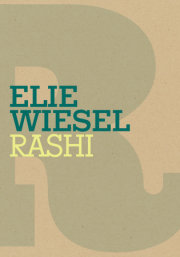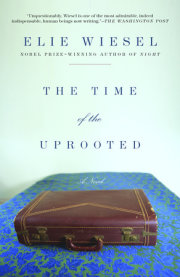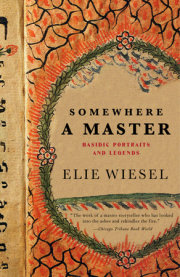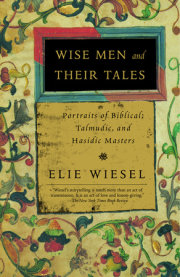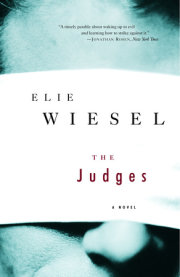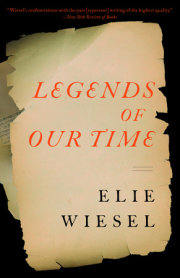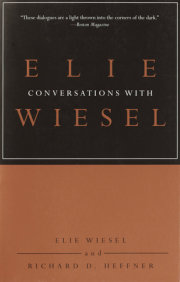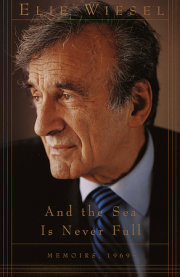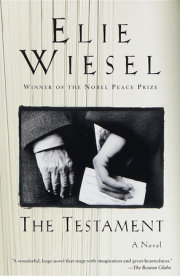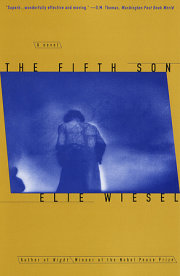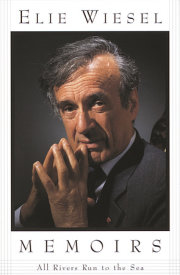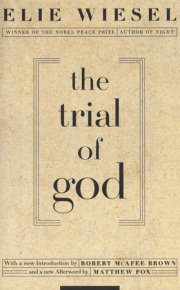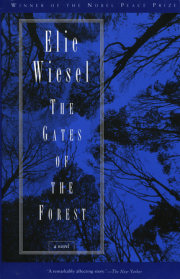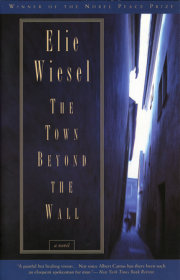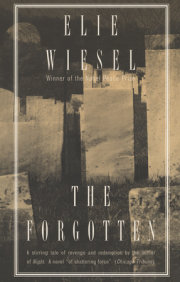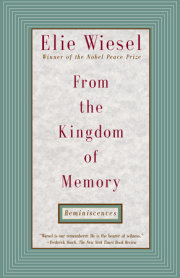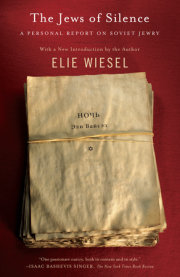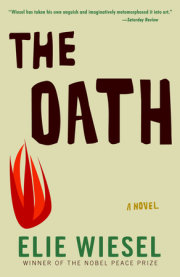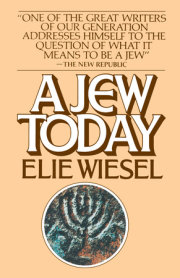Twenty-five years. A quarter century.
And we pause, trying to find our bearings, trying to understand: what and how much did these years mean? To some a generation, to others an eternity. A generation perhaps without eternity.
Children condemned never to grow old, old men doomed never to die. A solitude engulfing entire peoples, a guilt tormenting all humanity. A despair that found a face but not a name. A memory cursed, yet refusing to pass on its curse and hate. An attempt to understand, perhaps even to forgive. That is a generation.
Ours.
###
For the new one it will soon be ancient history. Unrelated to today’s conflicts and arguments. Without impact on the aspirations and actions of adolescents eager to live and conquer the future. The past interests them only to the extent that they can reject it. Auschwitz? Never heard of it.
And yet there is a logic in history. The future is but a result of conditions past and present. Everything is connected, everything has its place. Man makes the transition from the era of holocaust silence to the era of communication with remarkable ease. Once walled in by ghettos, man now takes flight to the moon. If today we live too quickly, it is because yesterday we died too quickly. If today we endow machines with increasingly wide powers, it is because the generation before us so foolishly left its fate and decisions in the hands of man.
###
Spring 1945: emerging from its nightmare, the world discovers the camps, the death factories. The senseless horror, the debasement: the absolute reign of evil. Victory tastes of ashes.
Yes, it is possible to defile life and creation and feel no remorse. To tend one's garden and water one's flowers but two steps away from barbed wire. To experiment with monstrous mutations and still believe in the soul and immortality. To go on vacation, be enthralled by the beauty of a landscape, make children laugh—and still fulfill regularly, day in and day out, the duties of killer.
There was, then, a technique, a science of murder, complete with specialized laboratories, business meetings and progress charts. Those engaged in its practice did not belong to a gutter society of misfits, not could they be dismissed as just a collection of rabble. Many held degrees in philosophy, sociology, biology, general medicine, psychiatry and the fine arts. There were lawyers among them. And—unthinkable but true—theologians. And aristocrats.
###
Astounded, the victors find it difficult to accept the facts: that in the twentieth century, man's armor against himself and others should be so thin and vulnerable. Yes, good and evil coexist without the one influencing the other; the devil himself strived for an ideal: he too sees himself as pure and incorruptible. Inherited values count for nothing. Seeds sown by earlier generations? Lost in the sand, blown away by the wind. Nothing is certain, the present erases triumphs and treasures with hallucinating speed. Civilization? Foam that crests the waves and vanishes. Lack of morality and a perverted taste for bloodshed are unrelated to the individual's social and cultural background. It is possible to be born into the upper or middle class, receive a first-rate education, respect parents and neighbors, visit museums and attend literary gatherings, play a role in public life, and begin one day to massacre men, women and children, without hesitation and without guilt. It is possible to fire your gun at living targets and nonetheless delight in the cadence of a poem, the composition of a painting, One's spiritual legacy provides no screen, ethical concepts offer no protection. One may torture the son before his father's eyes and still consider oneself a man of culture and religion. And dream of a peaceful sunset over the sea.
Had the killers been brutal savages of demented sadists, the shock would have been less. And also the disappointment.
Copyright © 1987 by Elie Wiesel. All rights reserved. No part of this excerpt may be reproduced or reprinted without permission in writing from the publisher.

